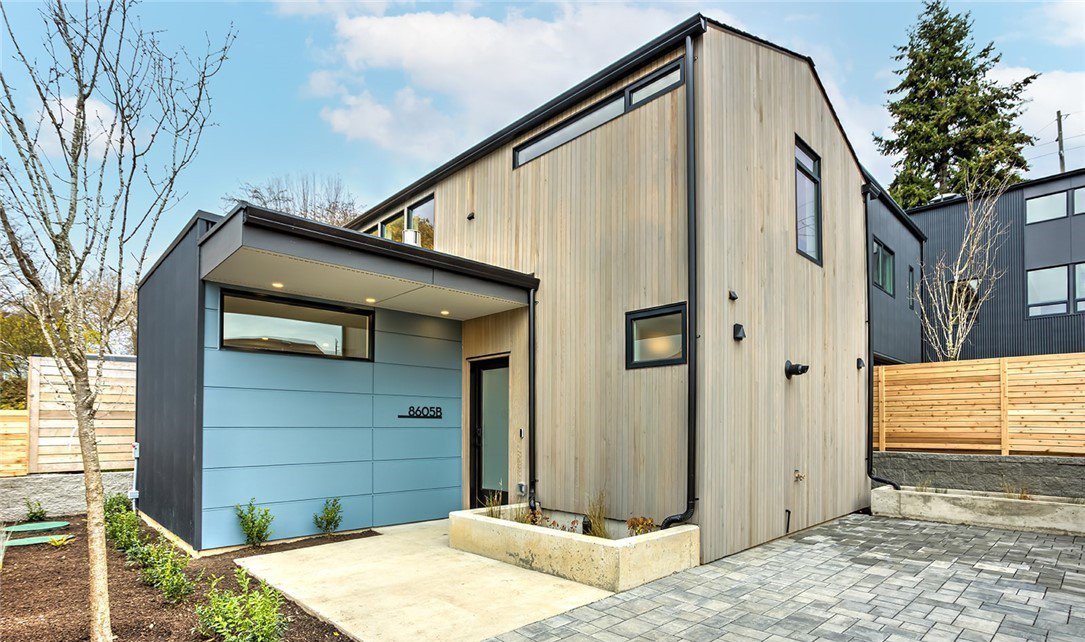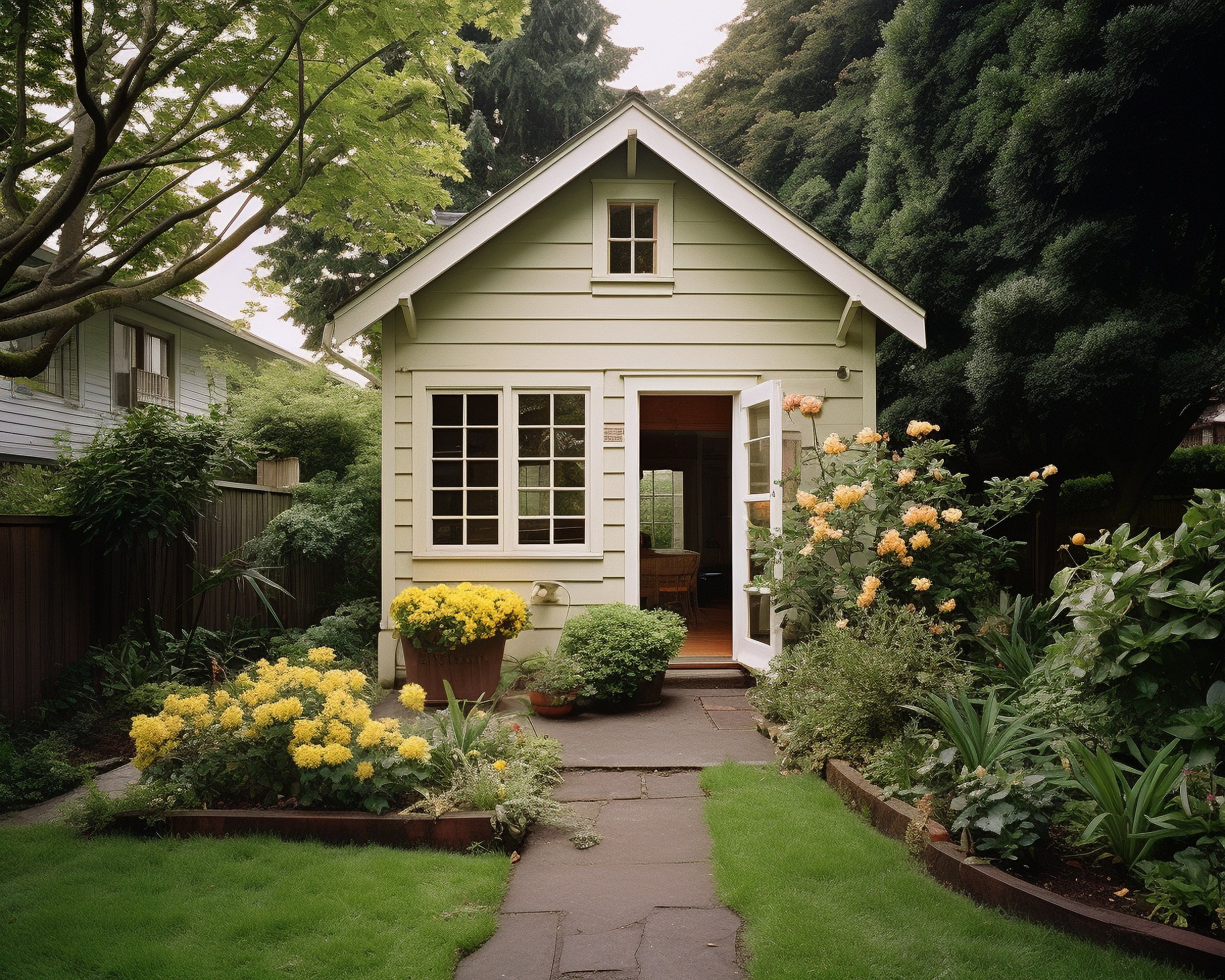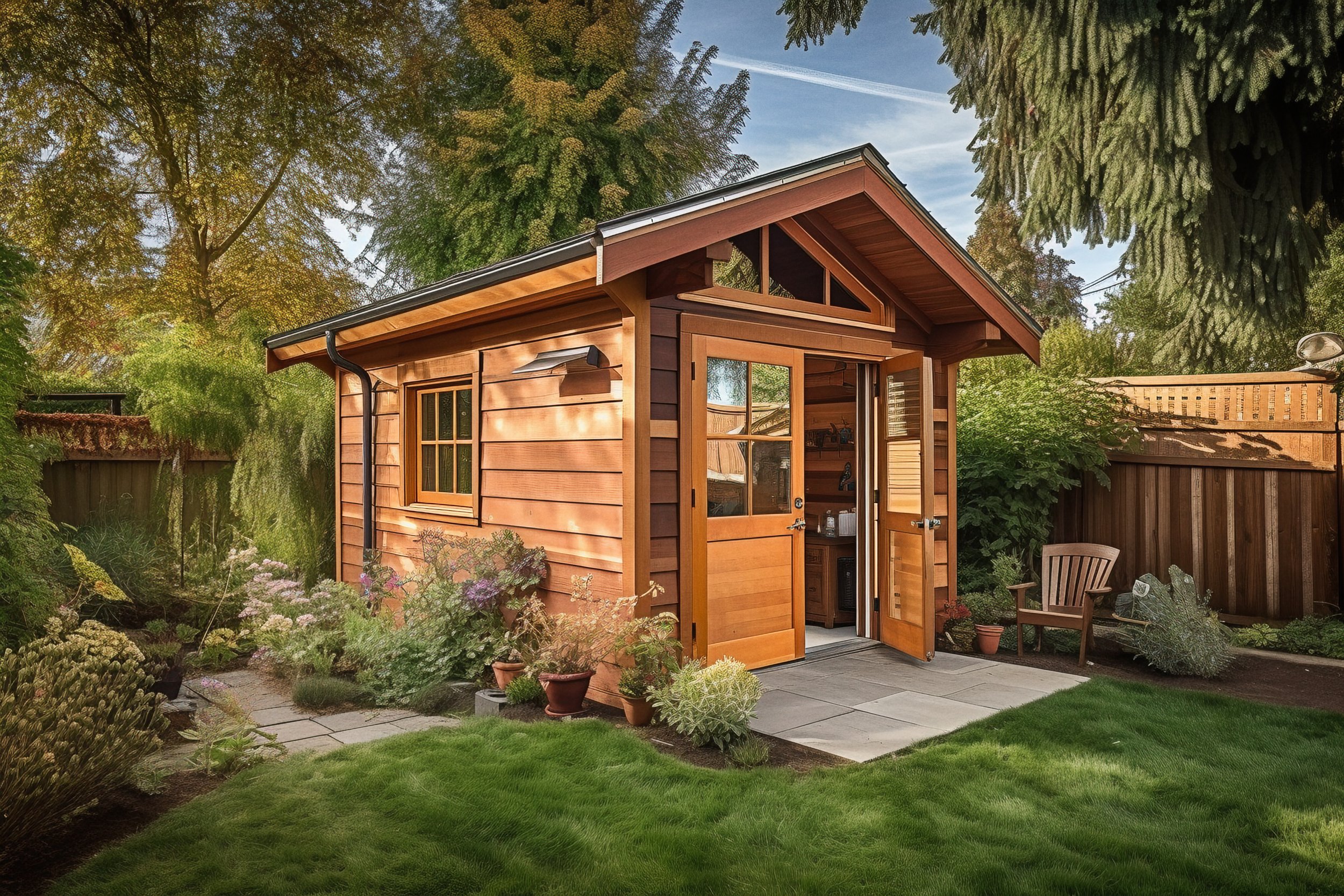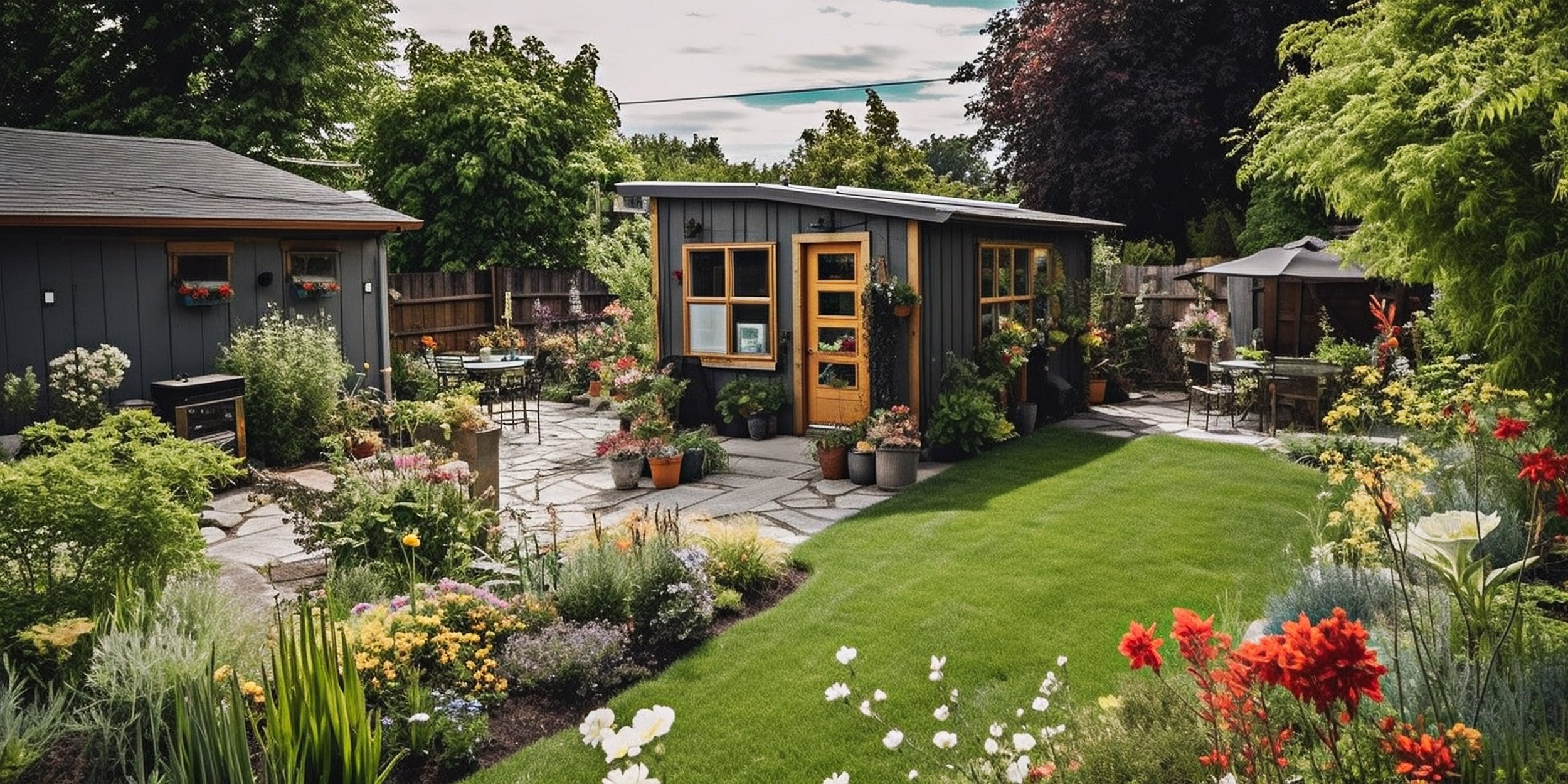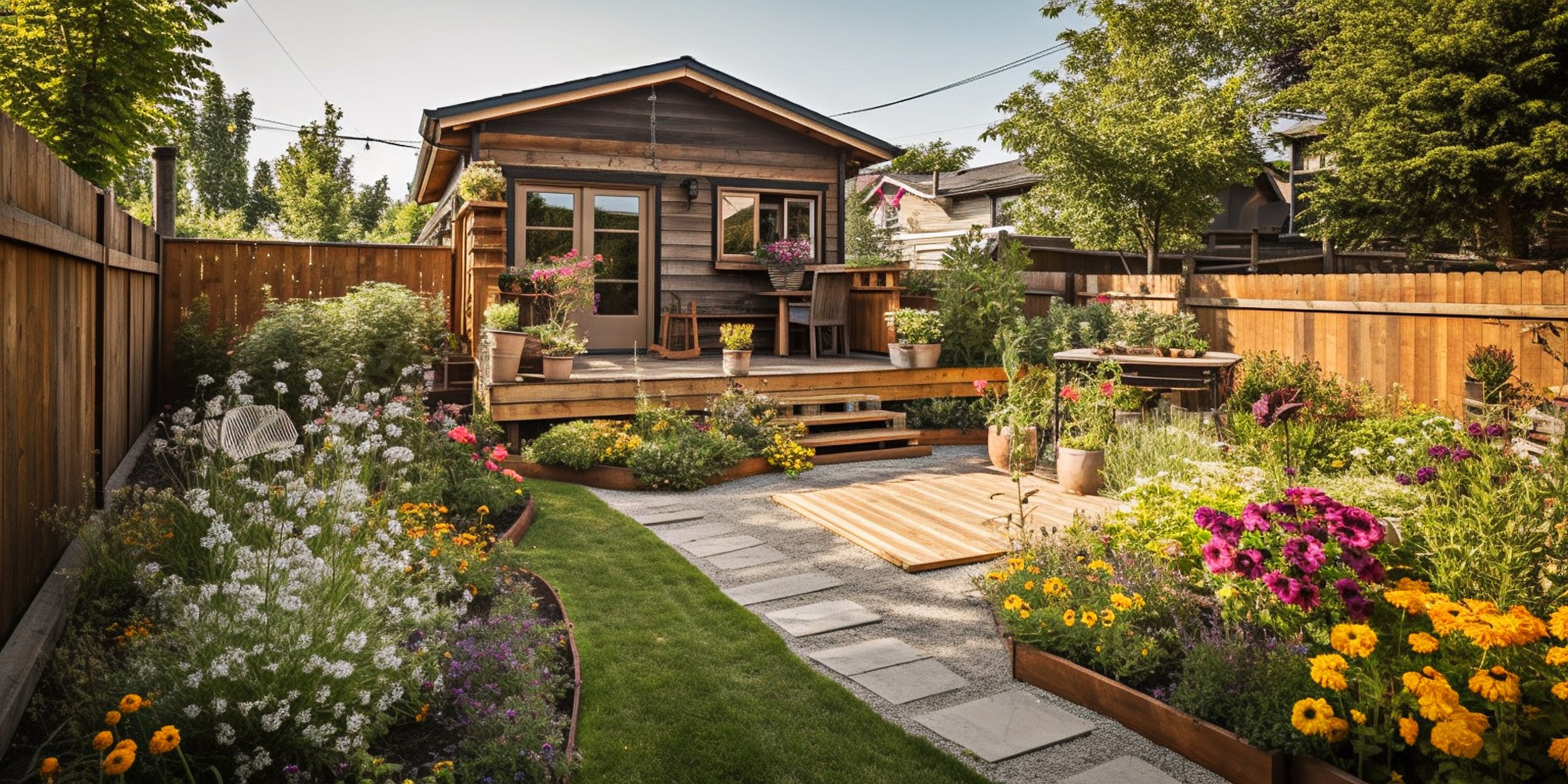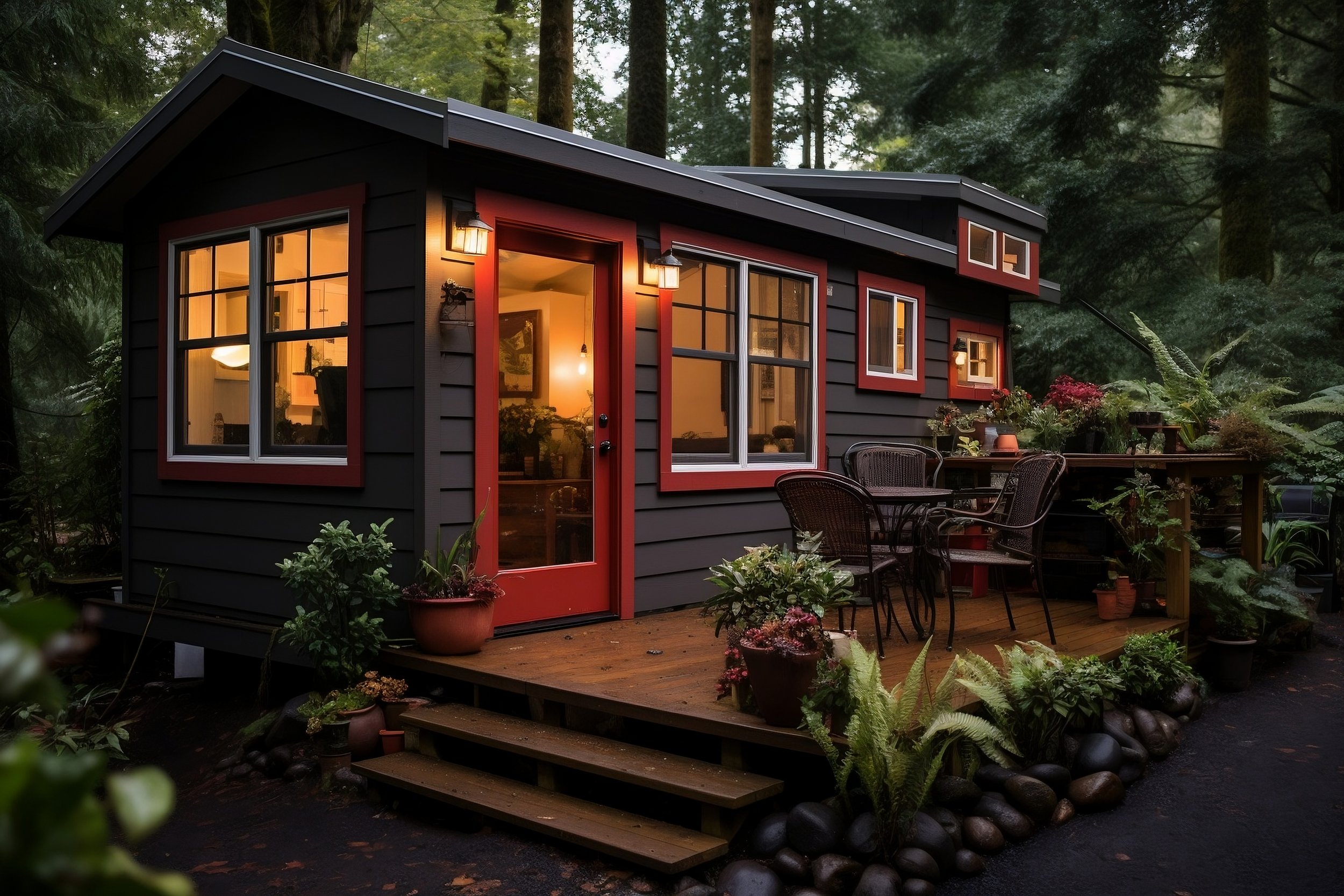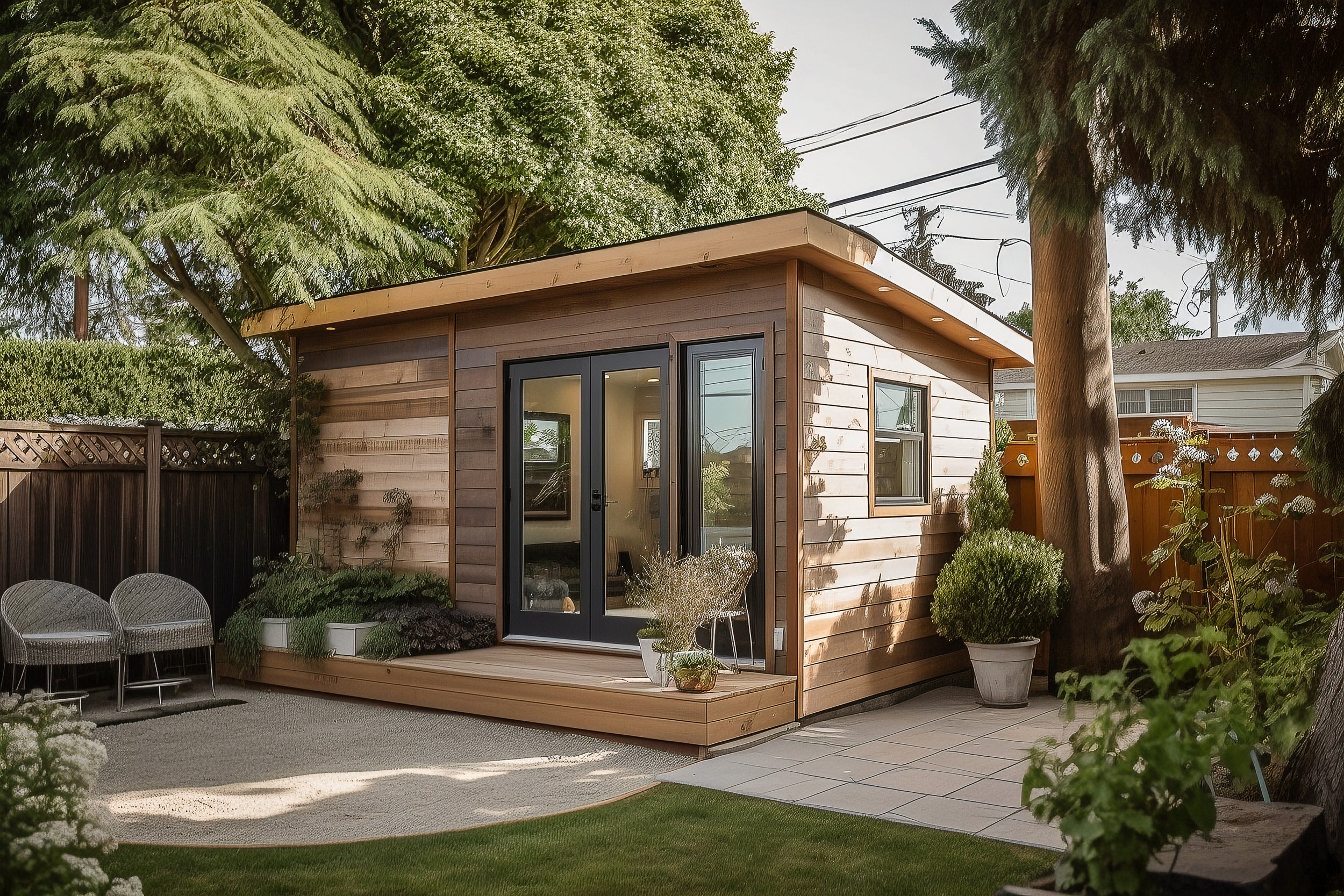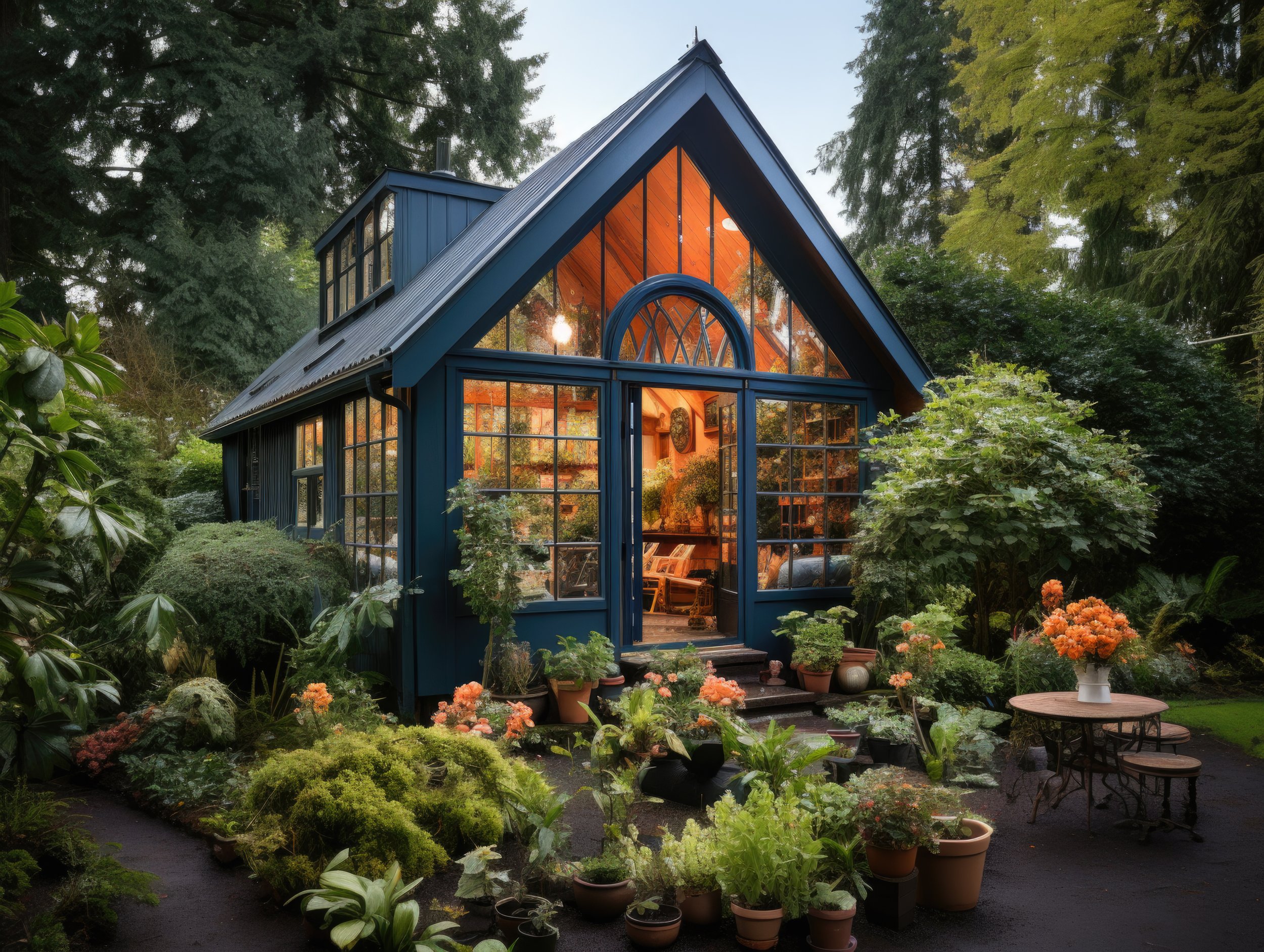
The Benefits
of a Detached Accessory Dwelling Unit
Thanks to the widespread popularity of home improvement programs, the increase in home equity values, and the growing trend of multigenerational living, many homeowners are embracing innovative solutions to expand their living space. Accessory Dwelling Units (ADUs) provide an excellent means of increasing your home's square footage, accommodating family and guests, generating additional income, and enhancing the resale value of your property.
When it comes to establishing new living spaces, you have two primary options: Accessory Dwelling Units (ADUs) and Detached Accessory Dwelling Units (DADUs). The names themselves indicate the key distinction: DADUs are standalone units physically separate from the main house, while ADUs are directly connected, such as through a converted garage, basement, or an addition.
The choice between ADUs and DADUs ultimately hinges on your specific objectives and the scope of your project. If you prefer to avoid the complexities of constructing a detached structure, you can opt to renovate existing space to create an ADU. For instance, you could transform a basement into a guest suite without the need for a separate building.
DADUs offer a significant advantage in the form of distinct living spaces. This feature holds particular appeal for homeowners with aging parents since it addresses an immediate need by providing a separate place for them to reside while also creating a potential rental opportunity in the future to adapt to changing family needs. Additionally, DADUs are well-suited for serving as home offices and workspaces, providing both convenience and privacy.
Nevertheless, it is often more straightforward and cost-effective to consider renovating your basement or constructing an addition above the garage. Your budget and your home's current layout can play substantial roles in this decision-making process.
DADU Benefits
Added living space for family members and/or home office
Potential added income
(long/short-term rental)
Added property value
